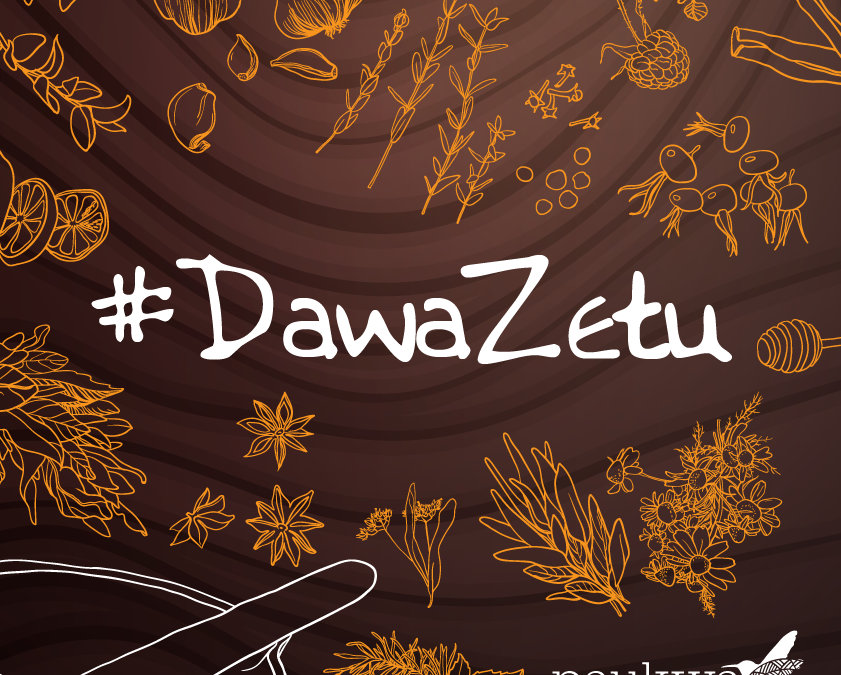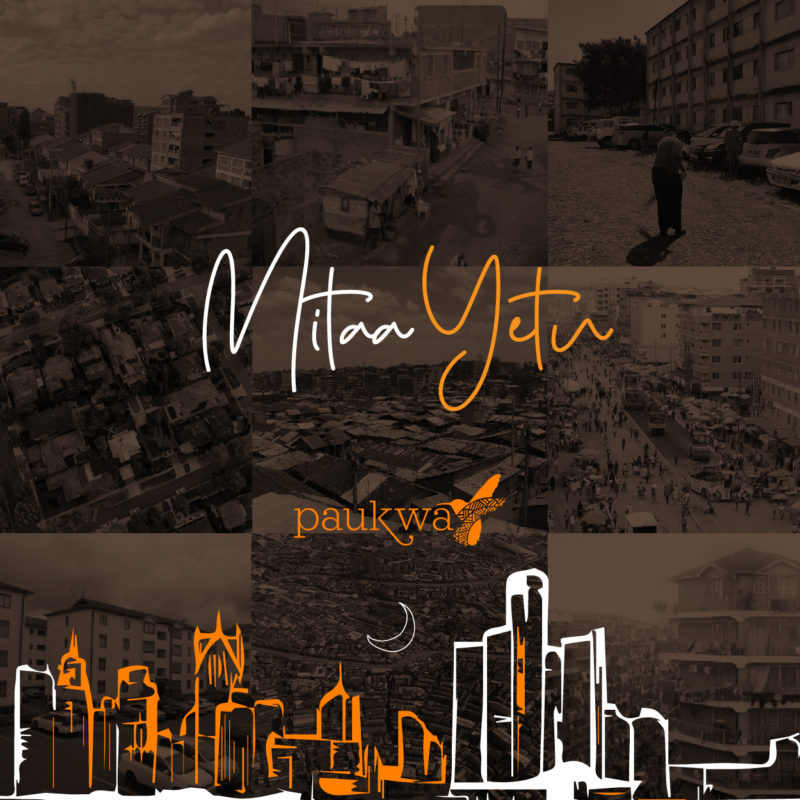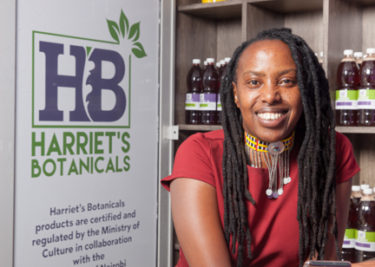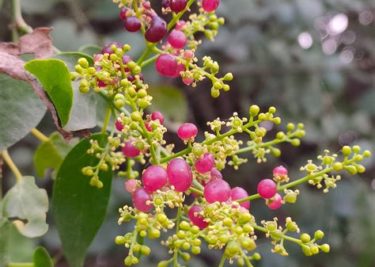#DawaZetu Reflection

The World Health Organization (WHO) defines traditional medicine as “the sum total of the knowledge, skill, and practices based on the theories, beliefs, and experiences indigenous to different cultures, whether explicable or not, used in the maintenance of health as well as in the prevention, diagnosis, improvement or treatment of physical and mental illness”.
Through the #DawaZetu story collection, we have seen this to be true. One major feature that characterizes traditional medicines is their harvesting and preparation methods. Research continues to validate their effectiveness, making them comparable to modern prescription medicine.
The Kenya Medical Research Institute’s Centre for Traditional Medicine and Drugs Research (CTMDR) has continued in the study of traditional medicines, a detailed investigated that began in 1984. The institute’s goal is to have traditional herbal medicines available for prescription alongside conventional medicines in hospitals. But a recurring problem is faulty policy design when it comes to regulating these medicines and their practitioners.
In 2016, Parliament passed the Protection of Traditional Knowledge and Cultural Expressions Act which gives every community exclusive rights to their traditional knowledge, and prevents any person from exploiting this knowledge without the prior informed consent from the community. This act enforces the intellectual property rights of communities without investing in their medicinal value. As such, traditional medicines are regarded more like cultural artefacts than pharmaceutical products with important medical possibilities. This is also why practitioners of traditional medicine are registered by the Ministry of Culture and not the Ministry of Health. However, the intellectual property of communities and the medicinal value of these products do not have to be mutually exclusive.
There is still a lot to learn about traditional medicine, but the future looks promising. Results from clinical tests show that they have the capability to reduce reliance on modern medicine and set the country towards achieving the United Nations’ Global Goal 3: Good Health and Wellbeing. Investment in this sector is therefore imperative.
Thank you for reading the stories and sharing other traditional medicines that you have used in the past with us. Please let us know of any other #KeDawas that have not been featured in this collection!
Read all the traditional medicines in our #DawaZetu collection – https://bit.ly/DawaZetu



